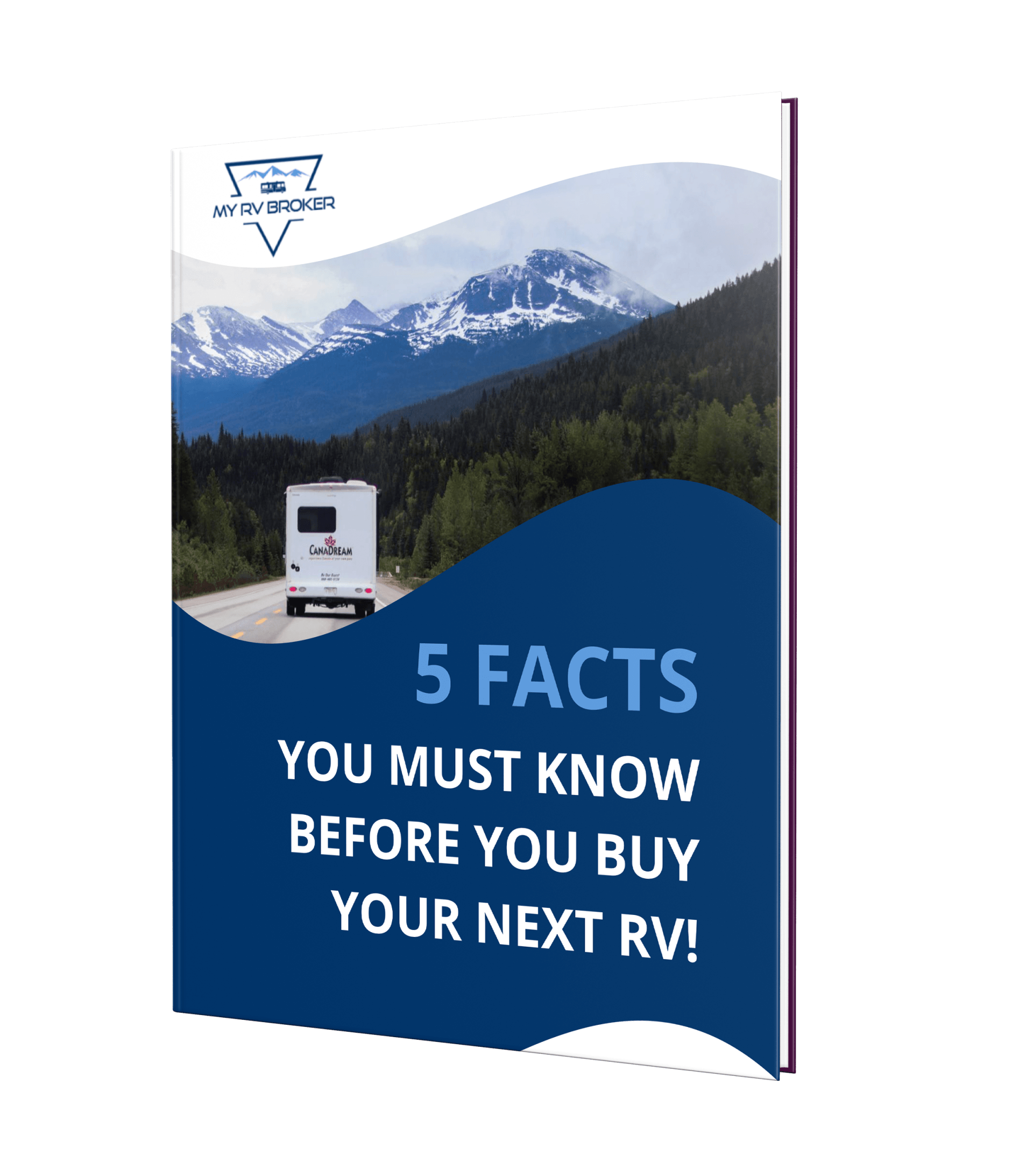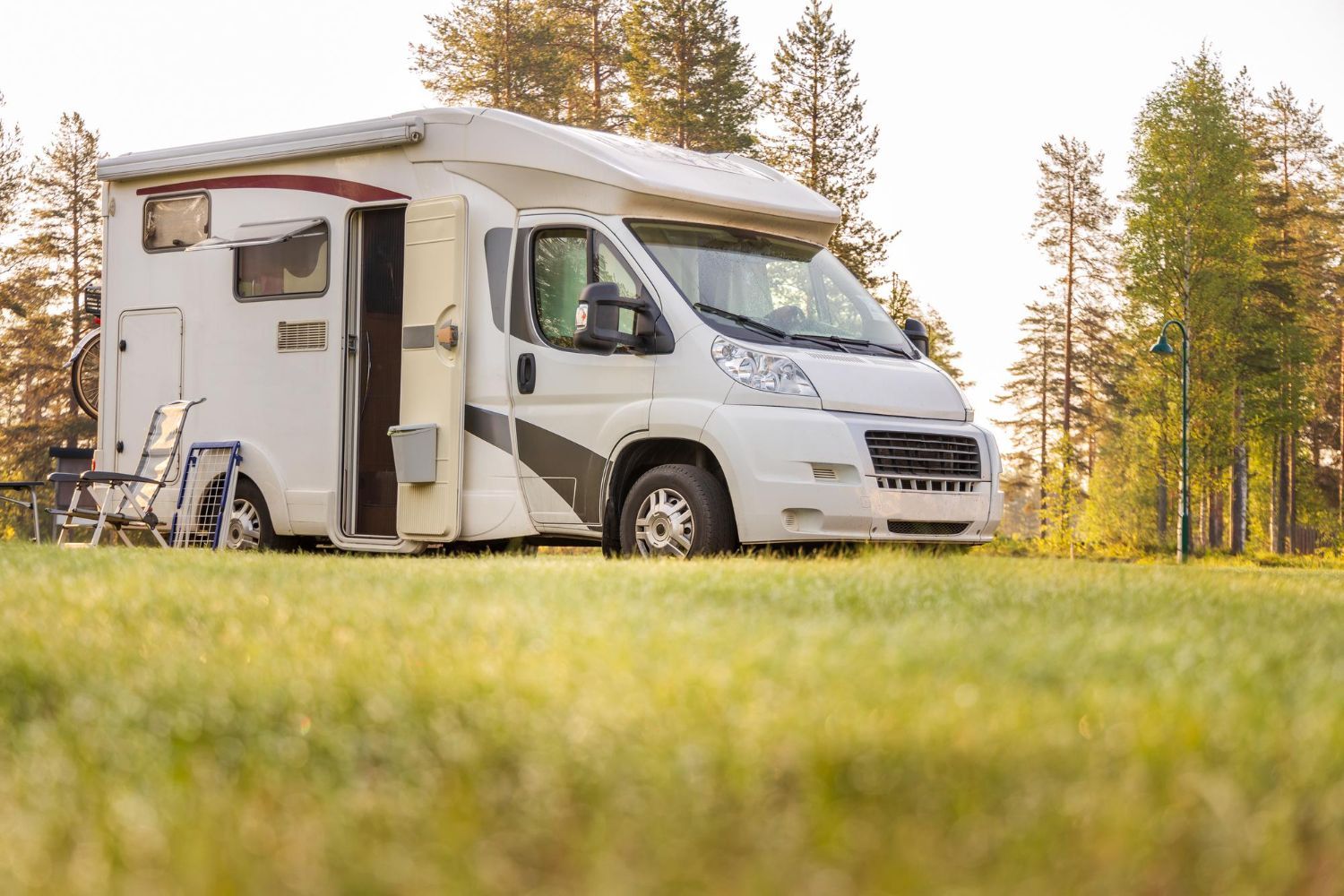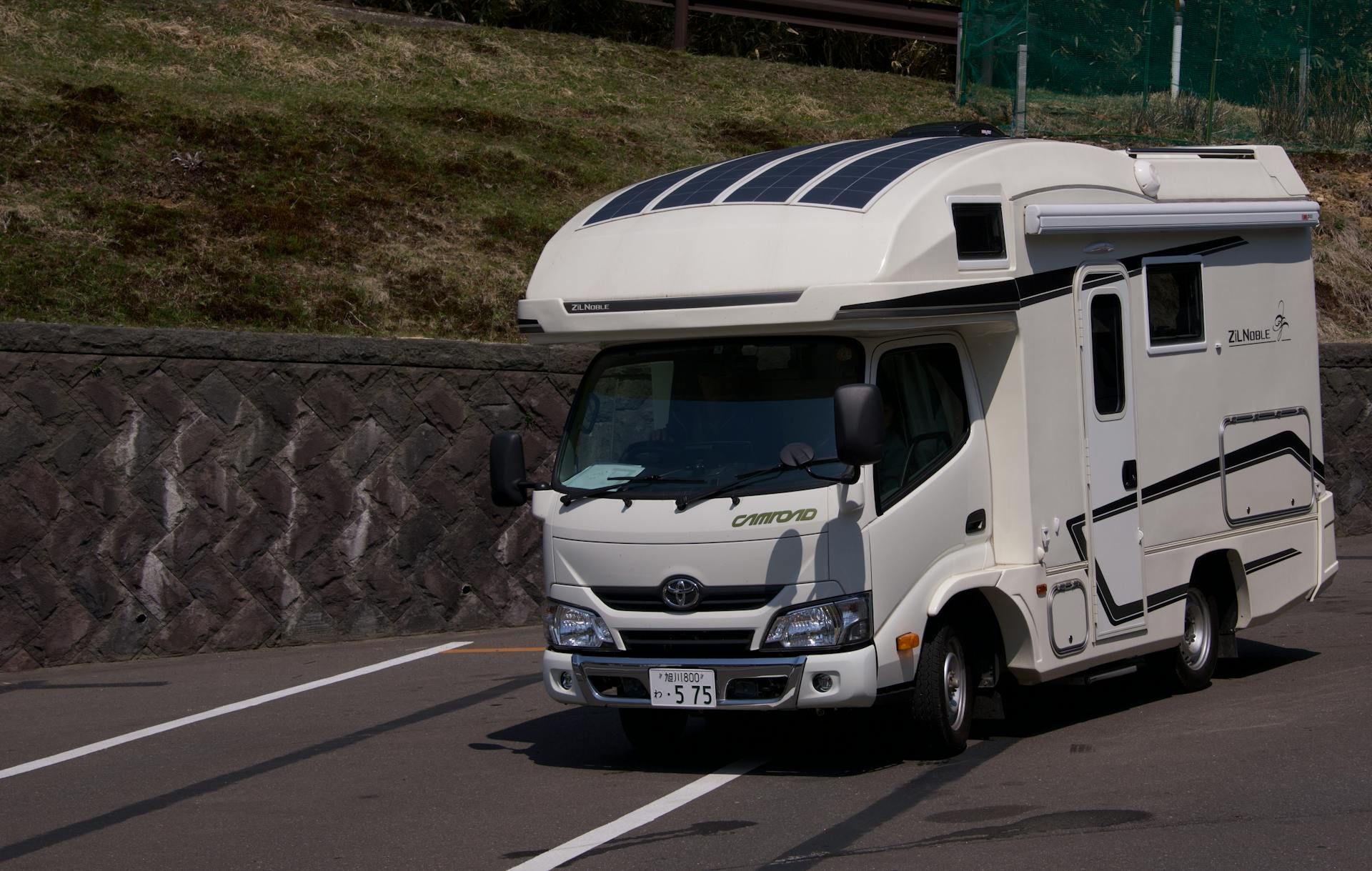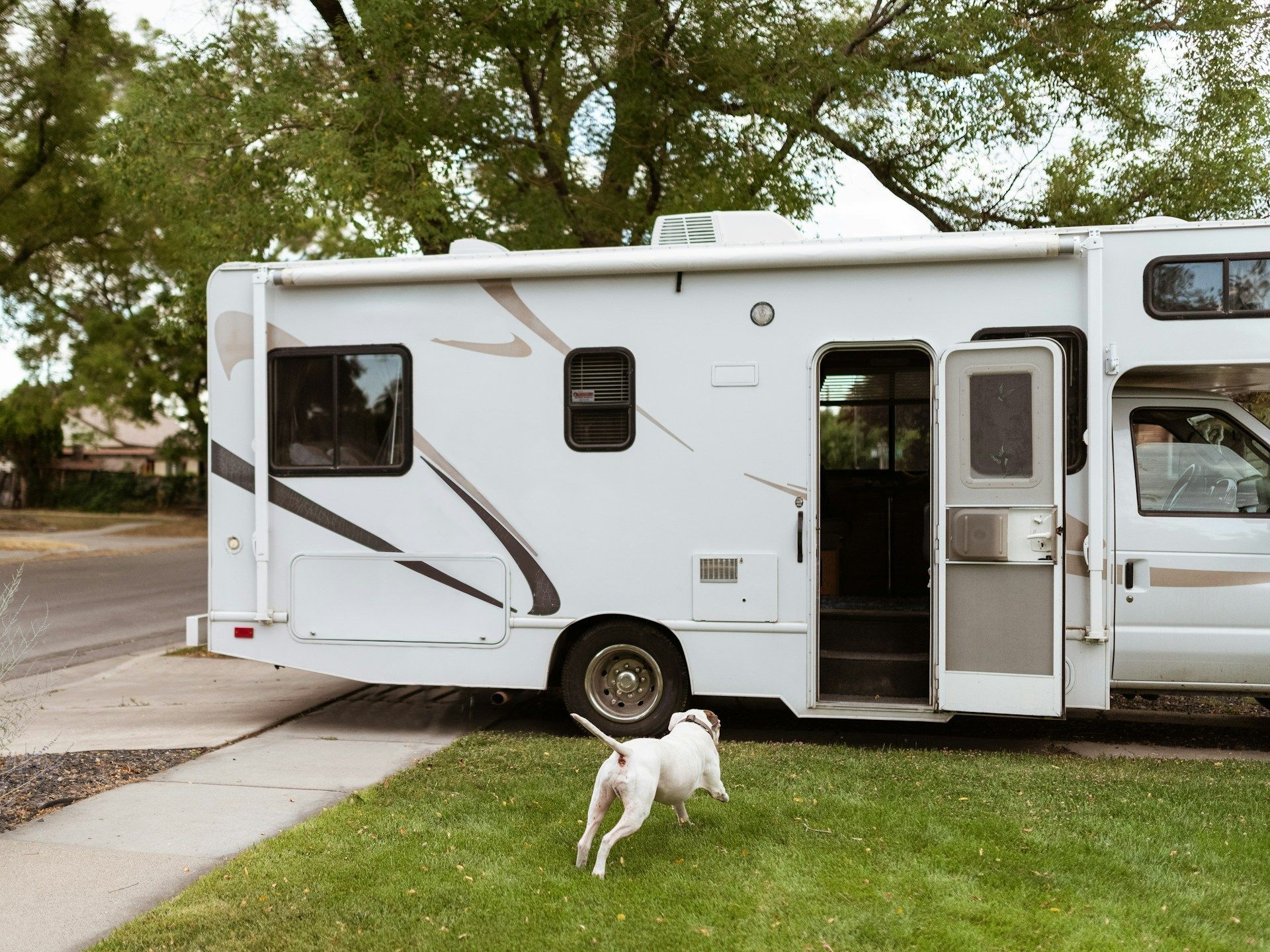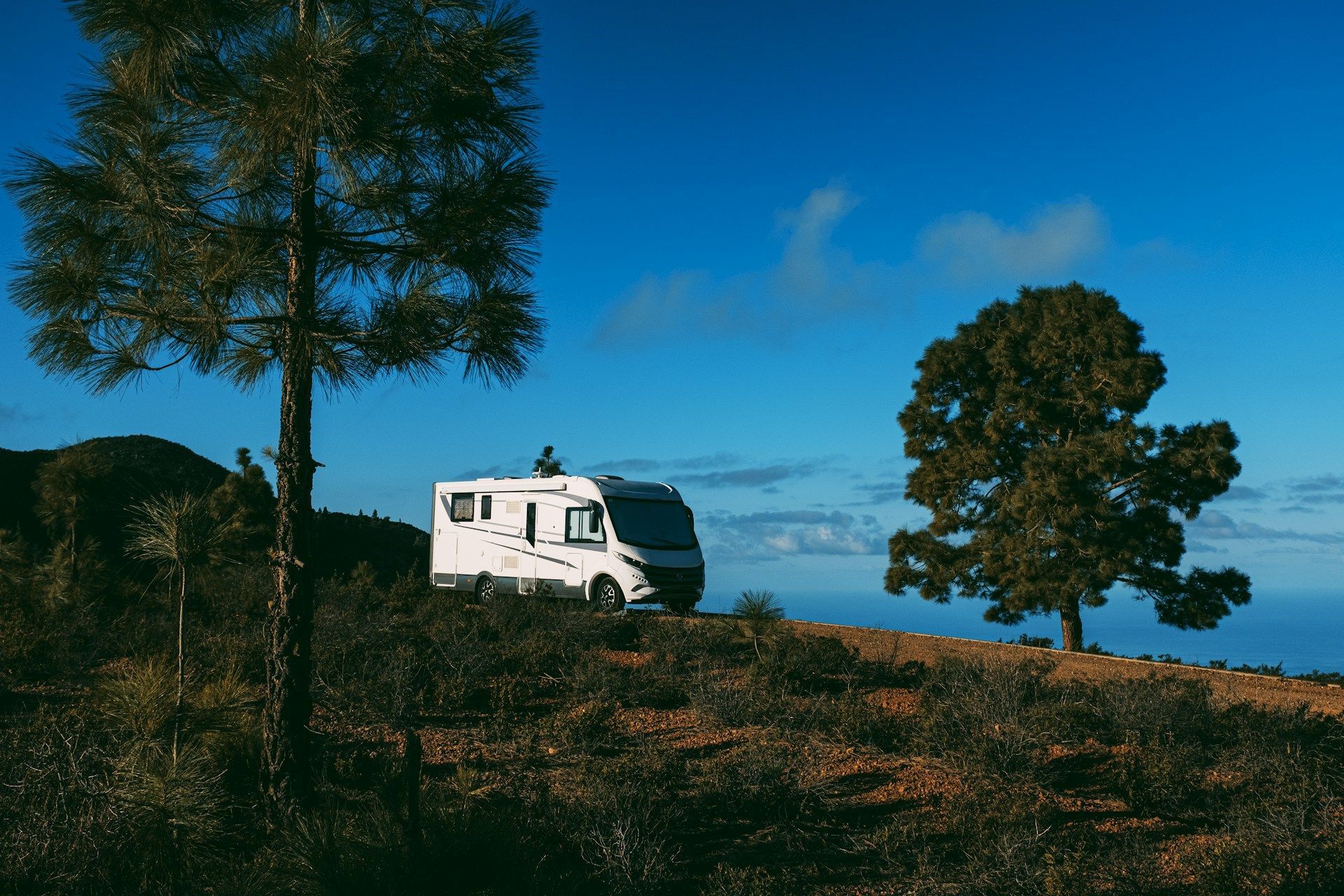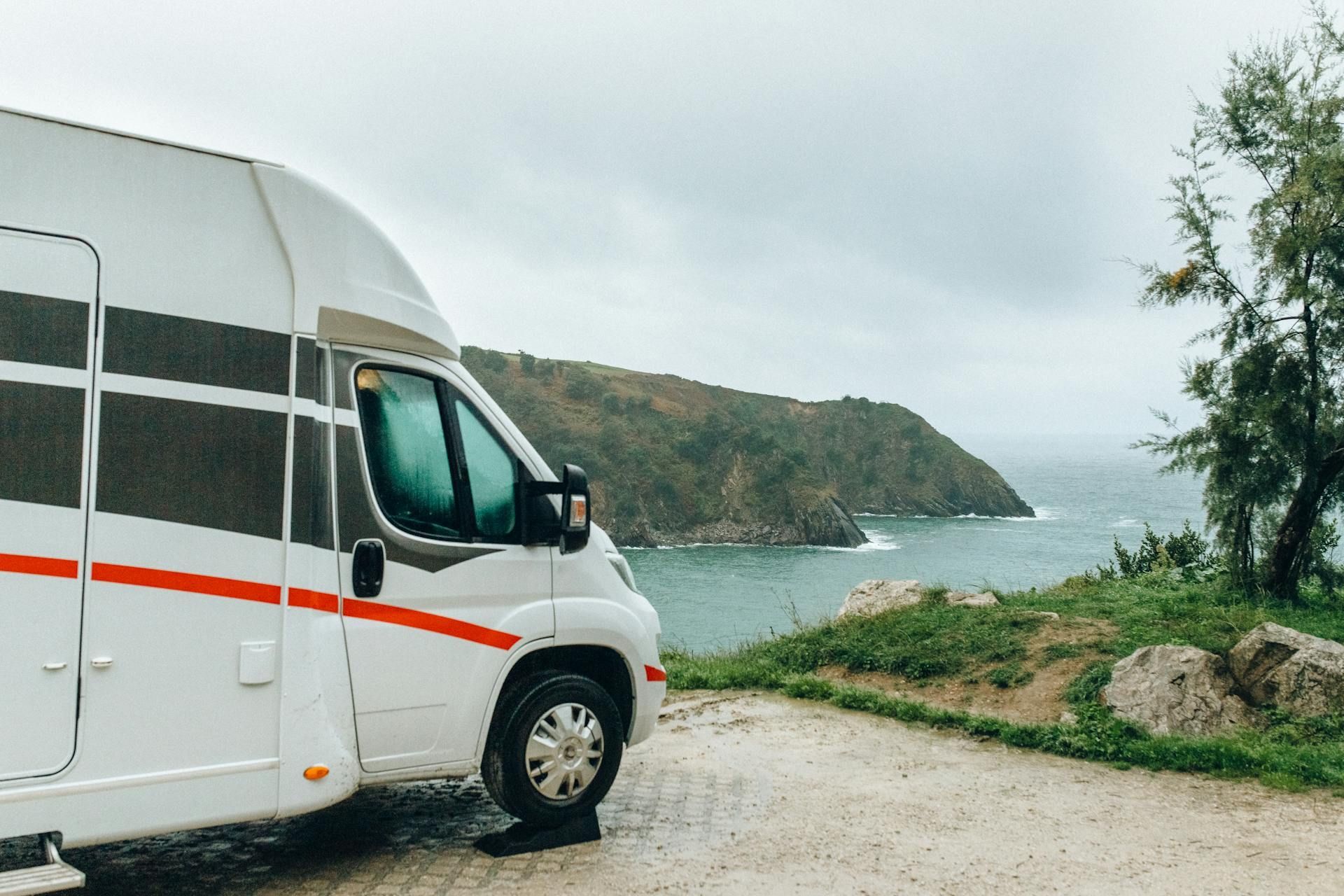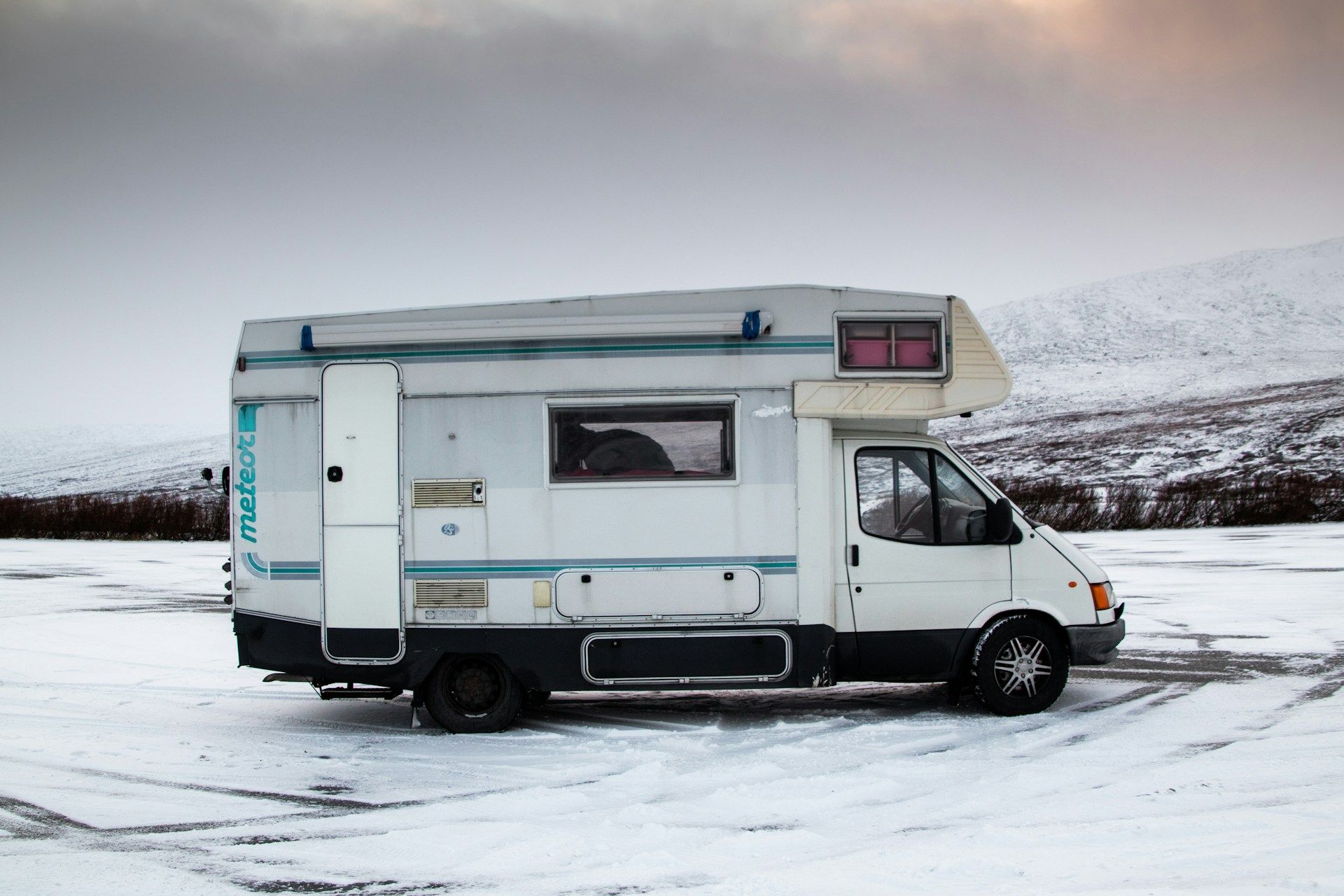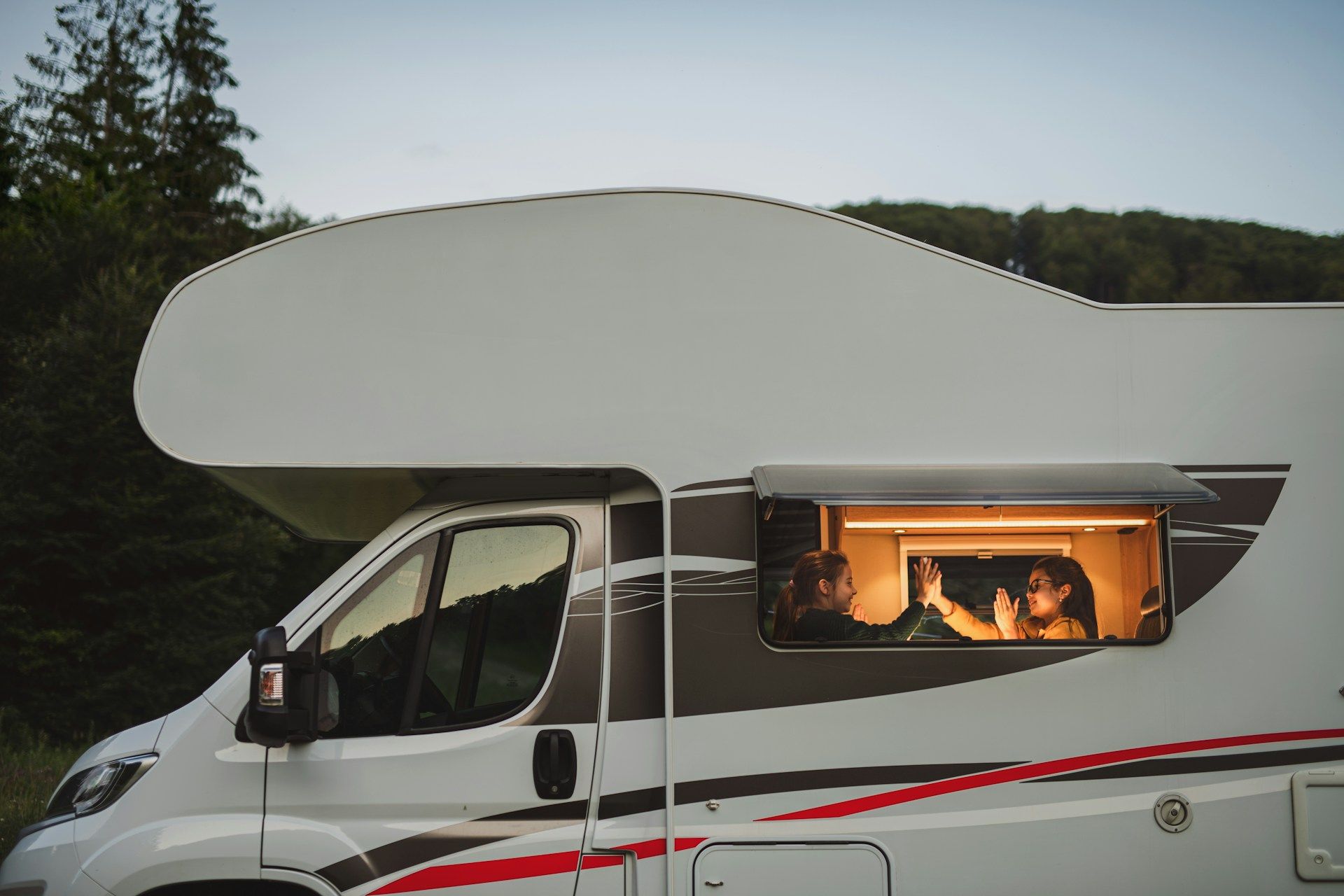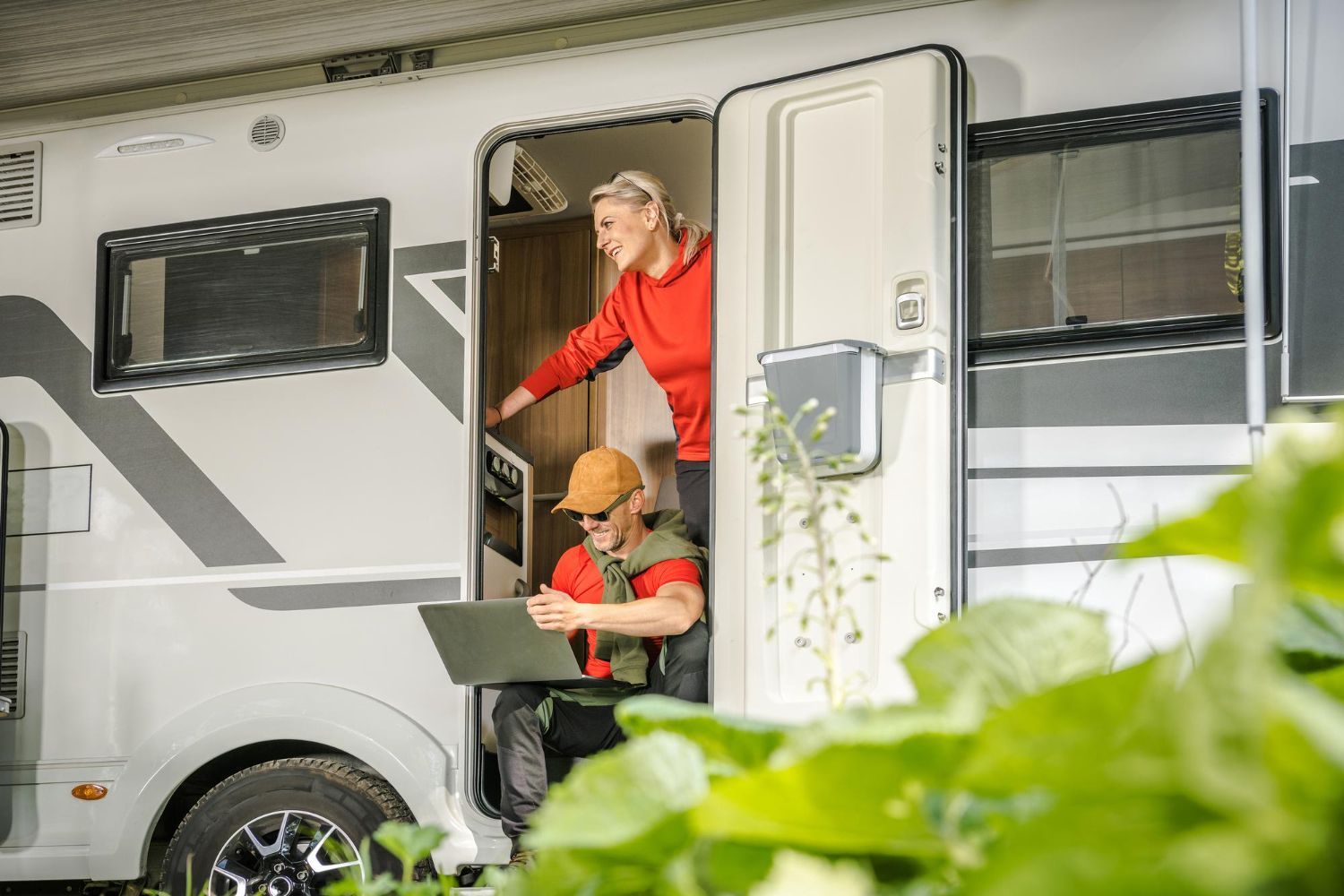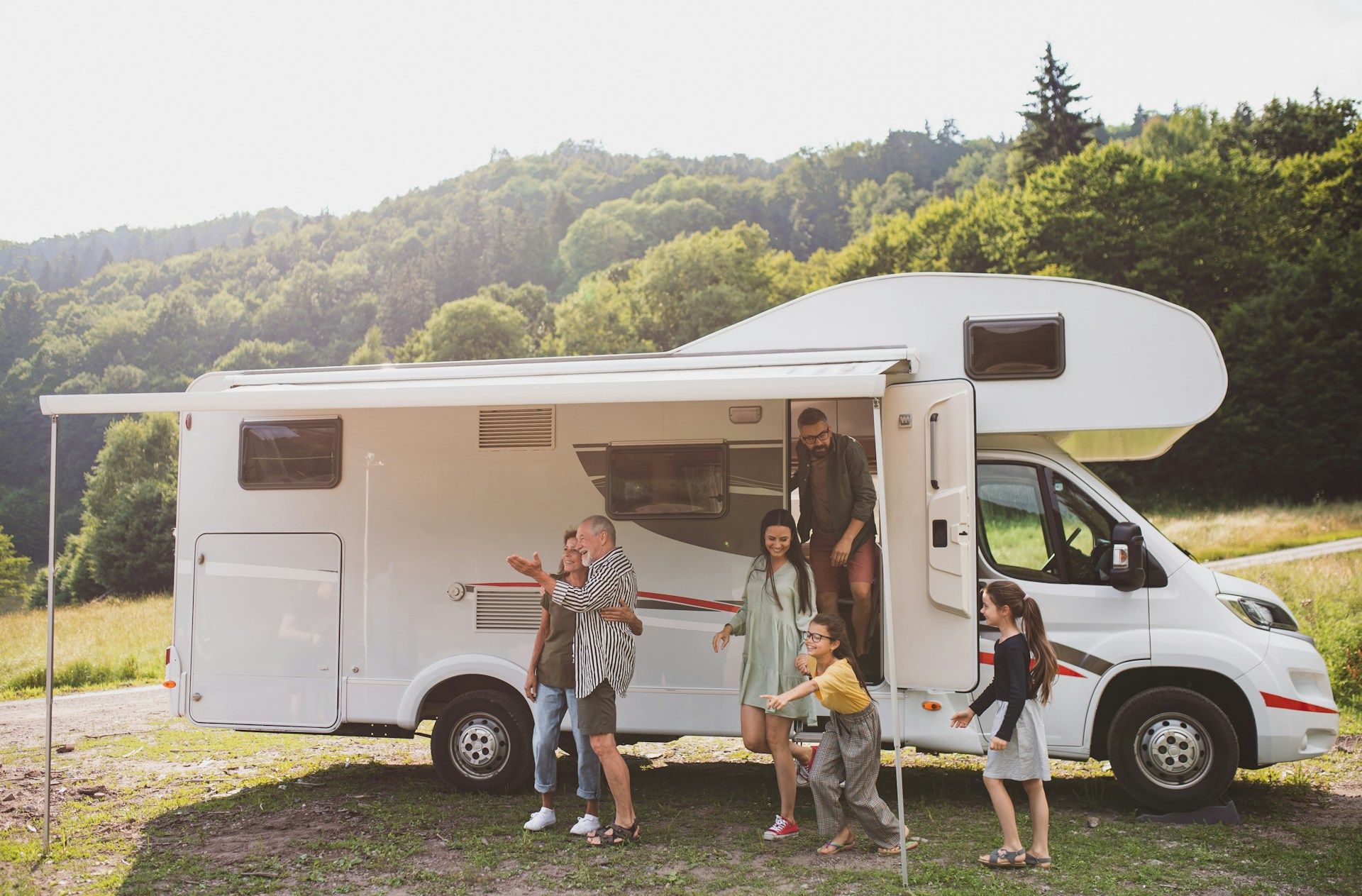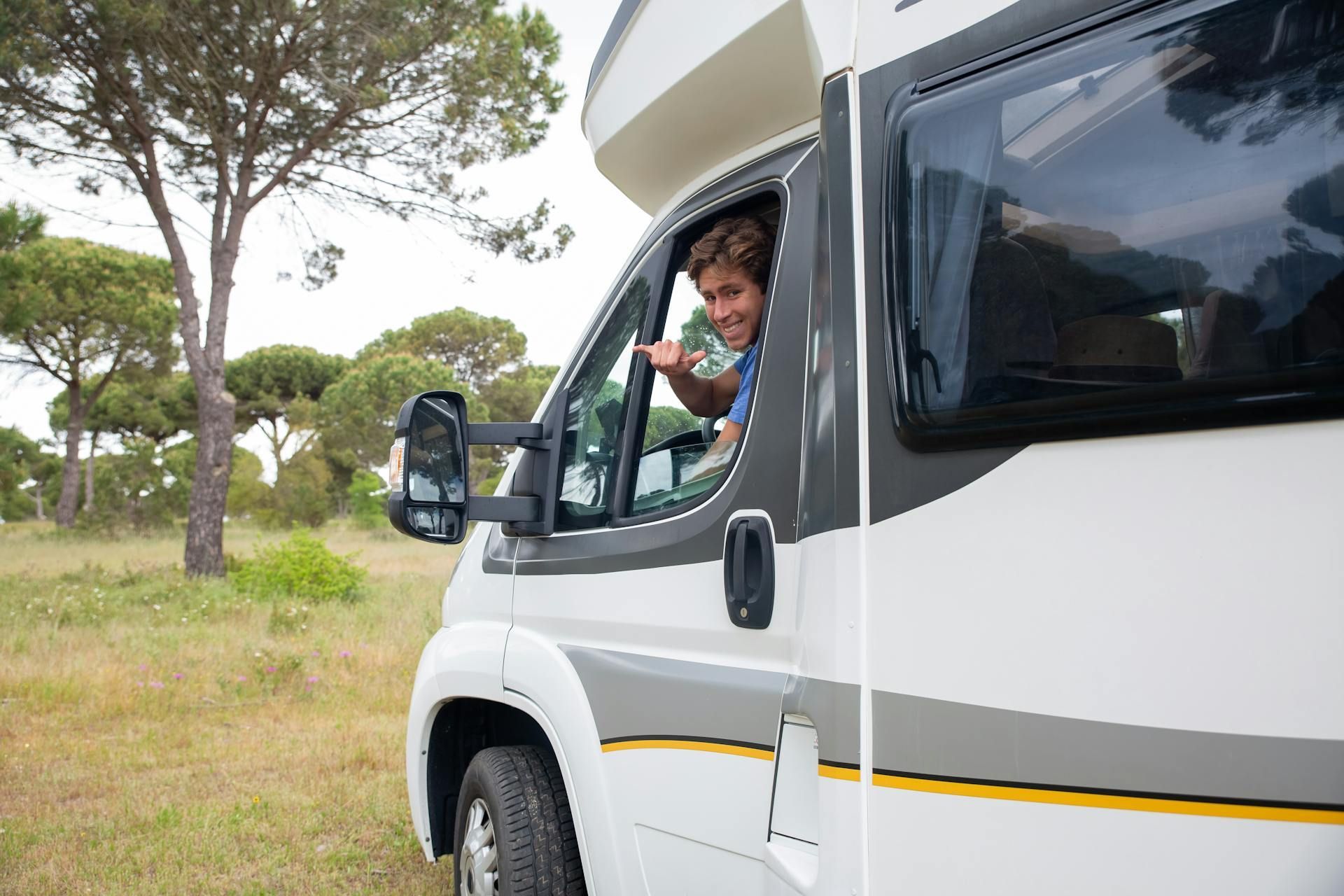What kind of license do I need to drive an RV?

So you want to hit the open road in a recreational vehicle and enjoy the freedom of traveling wherever and whenever you want. But before gathering up your family and friends for an epic cross-country adventure, an important question needs answering - what kind of driver's license do you need to operate an RV legally?
The license requirements vary depending on factors like the size and weight of the RV, whether you plan to drive across state lines, and if you already have an existing regular driver's license. This article will provide a comprehensive overview of the different license types and qualifications needed to get behind the wheel of various RVs and campers in the United States.
Standard Licenses for Smaller RVs
If you want to drive a smaller Class A, B, or C motorhome for under 26,000 pounds, a standard Category D license should legally suffice in most states. This includes popular RV models like camper vans, mini-motorhomes, and travel trailers within certain size and weight parameters. Just make sure your current license is valid and not expired.
However, some exceptions apply when trailering a vehicle behind the RV. The gross combined weight rating (GCWR) of both vehicles needs to stay below 26,000 pounds to operate on a regular license. Exceeding this threshold requires obtaining a commercial driver's license (CDL) instead.
Upgrading to a Commercial License
Once your RV cracks over 26,000 pounds loaded vehicle weight, a regular category D license no longer covers legal operation. You now need to upgrade to a commercial Class A, B, or C license relevant to the size and type of recreational vehicle being driven:
- Class A CDL: For large RV motorhomes over 26,000 pounds. Allows towing another vehicle over 10,000 pounds. Applies to the biggest Class A, B, and C models.
- Class B CDL: For mid-sized RV motorhomes over 26,000 pounds. Towing capacity is limited to 10,000 pounds. Covers heavier Class B and small Class C units.
- Class C CDL: For lighter RV models up to 26,000 pounds towing over 10,000 pounds. Targeted at drivers towing with mid-sized motorhomes.
Earning a commercial license first requires studying for and passing the general knowledge CDL permit test. This helps ensure you familiarize yourself with safe operating practices, hazardous materials transport, accident protocols, and other critical practices. You must also pass additional road driving tests for the specific RV type and weight class.
Lengthier Renewal Intervals
Unlike regular licenses needing renewal every 4 to 8 years, a commercial Class A, B or C CDL credential stays current for a 5-year duration in most states. This means you won't have to retake time-consuming permit tests or road exams as frequently when maintaining an RV operator certification long-term.
Just be aware that holding a valid medical card remains an obligation every 24 months to keep driving privileges intact. Failing to provide updated doctor's examination paperwork results in administrative downgrading or suspension if not promptly addressed.
Licensing Variances In Other States
Remember that RV licensing protocols can differ across state lines, especially regarding commercial driving permits. Certain jurisdictions may waive CDL requirements for personal recreational use even in larger motorhomes over 26,000 GVWR. Conversely, select areas to mandate enhanced licensing for towing trailers above a minimum weight.
This means double-checking specific recreational vehicle statutes on both ends of your planned travel route. The last thing needed is getting unexpectedly pulled over and cited in unfamiliar territory for an invalid license class. Consulting state government sites in advance helps avoid such issues when driving RVs interstate.
International Travel Considerations
Venturing with your RV across international borders like Canada or Mexico introduces further red tape surrounding valid operating credentials. Applying for an International Driving Permit (IDP) that officially translates your existing domestic license avoids potential trouble with local authorities stopping your camper abroad.
IDPs simply provide multi-language interpretations of your current license data to simplify verification processes during traffic interactions. They do not overwrite or supersede required CDL mandates when driving bigger recreational vehicles over 26,000 pounds. Any IDPs only supplement credentials already earned back home.
Keeping Qualifications Current
Like any government-issued permit, RV operating licenses need to stay up to date to avoid lapsing. Most states levy fines for driving on expired licenses, with penalties climbing the longer you willfully postpone renewals. Reinstatement procedures also grow more convoluted once licenses lapse past expiration by a few years.
Additionally, keeping your driving record clean from moving violations or at-fault accidents is vital to preserving affordable RV insurance rates over the long run. Too many marks can prompt insurers to drop policies or raise premiums to offset perceived riskier operations.
Checking both your license and insurance status when planning cross-country trips in a recreational vehicle keeps everything neatly compliant. This avoids unnecessary headaches from lapsed credentials or surprises from rate hikes if risk metrics shifted since the last review.
Conclusion
In closing, correctly licensing yourself to drive various RV types comes down to checking weights, license classes, and state-by-state compliance. Lightweight camper vans and mini-RVs generally operate fine on regular licenses. But larger motorhomes cracking over 26,000 loaded pounds require upgrading to commercial Class A, B, or C categories after passing CDL tests.
Most importantly, always verify recreational vehicle statutes in every state being traveled through to guarantee your existing permit or CDL meets localized compliance standards. The last thing you want is getting sidelined during a vacation over an unexpected license suspension from differing regulations.
Are you looking to buy or rent an RV and need guidance on licensing? Contact us at MyRvBroker! Our experts can help you find the perfect RV and advise you on the driver's license needed.
Download The Free
Guide Below!
We've created this free guide to show you the top 5 facts that will help you when looking for your next RV.


